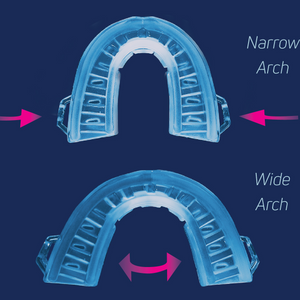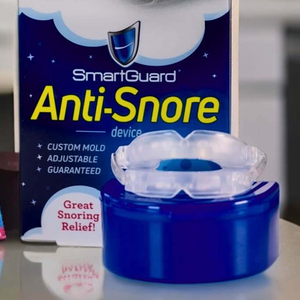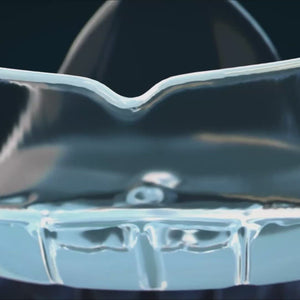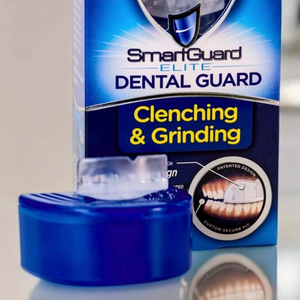Nov 20, 2025
IS SLEEP REALLY THAT IMPORTANT?
IS SLEEP REALLY THAT IMPORTANT?
Arguing against the necessity of good sleep is like arguing that the earth is flat; it is fraught with opposition from science, and it attracts the wrong kind of attention, including raised eyebrows and eye rolls. Sleep is essential because it supports nearly every system in your body: immune system health, brain function, metabolism, emotional regulation, and cellular repair. Without sleep, your physical and mental performance rapidly deteriorates.
COGNITIVE AND EMOTIONAL HEALTH
Memory consolidation happens during sleep, especially in deep and REM stages, helping you retain and organize information Sleep Foundation.
Sleep enhances problem-solving skills, creativity, and learning capacity, making it crucial for students and professionals alike NHLBI, NIH.
Lack of sleep increases emotional reactivity and stress, impairing your ability to regulate mood and interact socially NHLBI, NIH.
PHYSICAL HEALTH AND LONGEVITY
Sleep supports cardiovascular health by regulating blood pressure and reducing inflammation NHLBI, NIH.
It helps maintain a healthy metabolism, and chronic sleep deprivation is linked to weight gain and insulin resistance University of Michigan School of Public Health.
During sleep, your body undergoes tissue repair, muscle growth, and immune system strengthening, especially during deep sleep University of Michigan School of Public Health.
HORMONAL AND DEVELOPMENTAL FUNCTIONS
Sleep regulates key hormones like cortisol, melatonin, and growth hormone, which influence stress, circadian rhythm, and physical development NHLBI, NIH.
In children and teens, sleep is vital for growth and development, affecting everything from bone density to brain maturation NHLBI, NIH.
DISEASE PREVENTION
Chronic sleep deprivation increases the risk of heart disease, diabetes, obesity, and depression CDC.
It weakens your immune response, making you more susceptible to infections CDC.
SLEEP DURATION GUIDELINES
The CDC recommends:
Adults (18–60 years): 7+ hours
Teens (13–17 years): 8–10 hours
Children (6–12 years): 9–12 hours
Preschoolers (3–5 years): 10–13 hours (including naps) CDC
Sources: Sleep Foundation NHLBI, NIH CDC University of Michigan School of Public Health
RISKS OF BECOMING SLEEP DEPRIVED
Sleep deprivation harms nearly every major organ system—especially the brain, heart, liver, kidneys, and immune system—by disrupting their repair cycles, hormonal balance, and metabolic functions. These effects can accelerate aging, increase disease risk, and impair performance.
Here’s how specific organs are affected:
YOUR BRAIN
Cognitive decline: Sleep loss impairs memory, attention, decision-making, and emotional regulation health.harvard.edu nhlbi.nih.gov.
Accelerated aging: Just 24 hours of sleep deprivation can mimic 1–2 years of brain aging on MRI scans psychologytoday.com.
Glymphatic disruption: Deep sleep clears brain waste via the glymphatic system. Without it, toxins like amyloid build up, increasing dementia risk psychologytoday.com.
YOUR HEART
Blood pressure dysregulation: Normally, sleep lowers blood pressure (“nocturnal dipping”). Sleep loss prevents this, raising hypertension risk cdc.gov acc.org.
Inflammation and oxidative stress: Chronic deprivation activates stress pathways and inflammatory cytokines, damaging blood vessels acc.org.
Arrhythmias and heart disease: Sleep apnea and insomnia are linked to atrial fibrillation, coronary artery disease, and stroke acc.org health.harvard.edu.
YOUR LIVER
Disrupted detoxification: The liver’s circadian rhythm governs toxin clearance. Sleep loss throws this off, impairing detox myhealthopedia.com.
Fatty liver disease: Poor sleep promotes insulin resistance and fat accumulation in liver cells myhealthopedia.com happiesthealth.com.
Inflammation and fibrosis: Chronic deprivation increases liver inflammation and scarring, raising risk of cirrhosis happiesthealth.com.
YOUR KIDNEYS
Reduced filtration: Sleep loss impairs glomerular filtration rate (GFR), a key measure of kidney function neurolaunch.com nephrologyhouston.com.
Increased risk of chronic kidney disease (CKD): Studies link short sleep (<5 hours) to faster kidney decline neurolaunch.com.
Hormonal imbalance: Disrupted vasopressin and aldosterone rhythms affect fluid and sodium regulation nephrologyhouston.com.
YOUR IMMUNE SYSTEM
Weakened defense: Sleep deprivation lowers natural killer (NK) cell activity and antibody production mayoclinic.org cdc.gov.
Inflammatory overload: It increases pro-inflammatory cytokines (IL-6, TNF-α), contributing to autoimmune and metabolic diseases nature.com.
Higher infection risk: People who sleep poorly are more likely to catch colds and recover slower mayoclinic.org.
Sources: neurolaunch.com nephrologyhouston.com cdc.gov acc.org health.harvard.edu health.harvard.edu nhlbi.nih.gov psychologytoday.com myhealthopedia.com happiesthealth.com mayoclinic.org cdc.gov nature.com
So, unless you enjoy being the subject of ridicule, join modern science, which convincingly proves the necessity of sleep—and not just sleep, but good quality sleep—more of which is needed in children, teens, and young adults.







